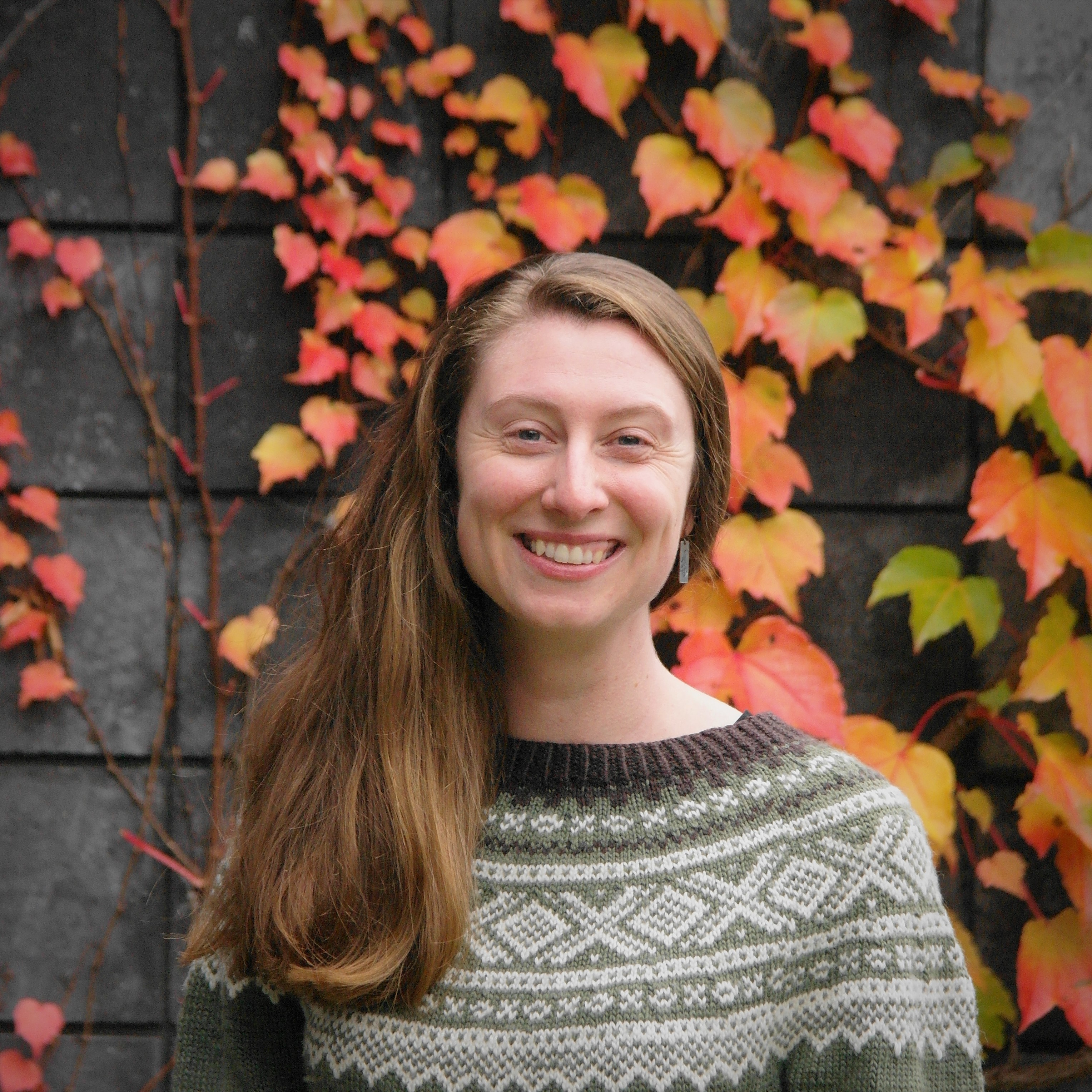
For the second year in the row, a University of Guelph young researcher has been awarded the Science Policy of Excellence – Youth Category [1] by the Canadian Science Policy Centre.
Post-doctoral researcher Hannah Harrison received the award during the annual Canadian Science Policy Conference for her proposal “Improving Seafood Direct-marketing for Canadian Economic Resilience and Food Security.”
Under the light of the Covid-19 pandemic and the global collapse of seafood markets, Dr. Harrison examined the barriers that Canadian fisherman face in selling their products directly to consumers. Her proposal looked to remediate and sometimes remove regulatory barriers while at the same time investing in infrastructure that would make direct-marketing more accessible to both fisherman and consumers.
Dr. Harrison grew up in a small fishing community in Alaska and has spent time as a commercial fisherman and fisheries technician.
“I have worked in fisheries for many years – as a fisherman, as a consultant, and now as a scientist,” said Dr. Harrison. “One of the greatest frustrations I hear from fishing communities is how hard they work to stay afloat and adapt to change…I want to change that.”
Now at the University of Guelph and working under the advisorship of Department of Geography, Environment and Geomatics [2] associate professor Philip Loring, Dr. Harrison studies community-supported fisheries, Great Lakes commercial fisheries and the human dimensions of fish cultivation.
She is science director of the Coastal Routes research network [3]and co-producer of the Coastal Routes Radio podcast [4] which focuses on communicating research related to fisheries and coastal communities. One recent podcast [5] focused on working waterfronts and direct-marketing of seafood.
“We are so proud of the great work coming out of our department,” said department chair Wanhong Yang. “This is the second year in a row that one of our young scholars has been recognized for their research and policy work. It speaks to the quality of students and innovative learning that is happening here at the University.”
